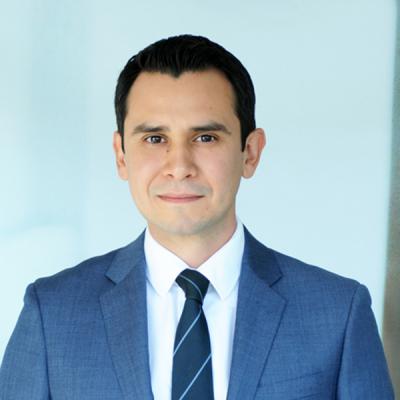Breaking: Supreme Court Scraps TCPA’s Government Debt Exception
The TCPA lives to see another day. On July 6, 2020, the Supreme Court of the United States invalidated the TCPA’s government debt exception in Barr v. American Association of Political Consultants, Inc., but left the remainder of the statute intact. The government debt exception permitted the government to call debtors using an automated telephone dialing system (“ATDS”) without consent. Unable to justify the differentiation between government debt-collection and other important categories of speech, the seven Justices determined that the government failed the strict scrutiny standard and invalidated the content-based exception.
The opinion, like much of oral argument, concerns the proper remedy for a constitutional violation: “invalidate the entire 1991 robocall restriction, or . . . sever the 2015 government-debt exception.” Unwilling to strike down the TCPA, the Court held that the 2015 government debt exception is severable from the underlying restrictions. Justice Kavanaugh aimed to “avoid judicial policymaking or de facto judicial legislation” and justified the remedy by pointing to a “decisive preference for surgical severance rather than wholesale destruction.” That is, why strike down a thirty-year-old statute when the Court could simply toss the amendment? Additionally, relying on the Communications Act (the Act where the TCPA is codified), the Court further relied on an “express severability clause.”
But as Justice Gorsuch pointed out, “a severance remedy not only fails to help the plaintiffs, it harms strangers to this suit.” In his dissent, Justice Gorsuch proposed granting the plaintiffs an “injunction preventing [the TCPA’s] enforcement against them.” Aiming to provide the plaintiffs some form of remedy, he noted that they did not seek severance of the debt exception. Instead, AAPC sought invalidation of the autodialer ban so that they could send text messages to voters using an ATDS without their prior consent. The Court did not provide AAPC this remedy, leaving the “winners” without a prize.
Critically, for defendants facing TCPA cases, the Court did not address the divisive circuit split concerning what qualifies as an ATDS. That question is pending in Facebook’s petition for certiorari and it remains to be seen whether the Court will take up the issue. Likewise, defendants should look out for forthcoming guidance from the FCC on the ATDS issue, particularly now that the FCC knows the TCPA largely remains intact.
Authors

Joshua Briones

Crystal Lopez
Esteban Morales
Member


